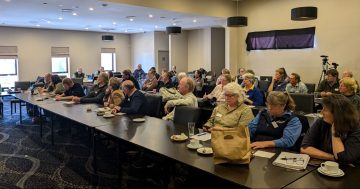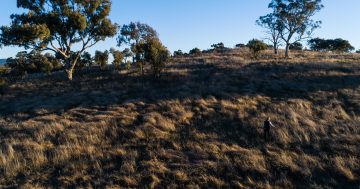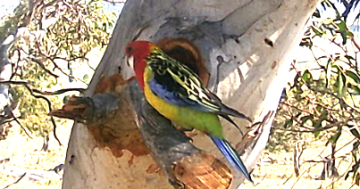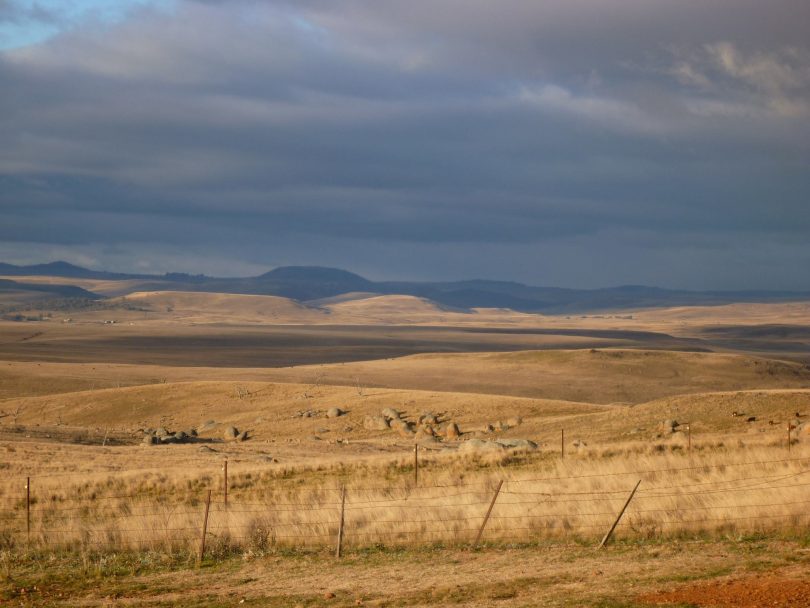
The Monaro is a unique landscape and this Friday’s Landcare presentation can help us understand it better. Photo: Upper Snowy Landcare Network.
Those who live in, or regularly pass through the Monaro often find the landscape arresting – stark perhaps, but delicate and beautiful all the same.
Professor Justin Borevitz from The Australian National University is no different.
“The Monaro is my backyard and there’s so much more to it than what you can see from the road, once you get onto the reserves and into escarpments, it’s pretty amazing.”
Justin will be travelling those roads this week to give a presentation in Cooma in association with the Upper Snowy Landcare Network with a focus on precision farming to regenerate the land by using plants to draw down carbon to achieve negative emissions.
But what can be done on the Monaro, where the cold, dry conditions mean plants grow slowly and take longer to bounce back after being stressed or damaged?
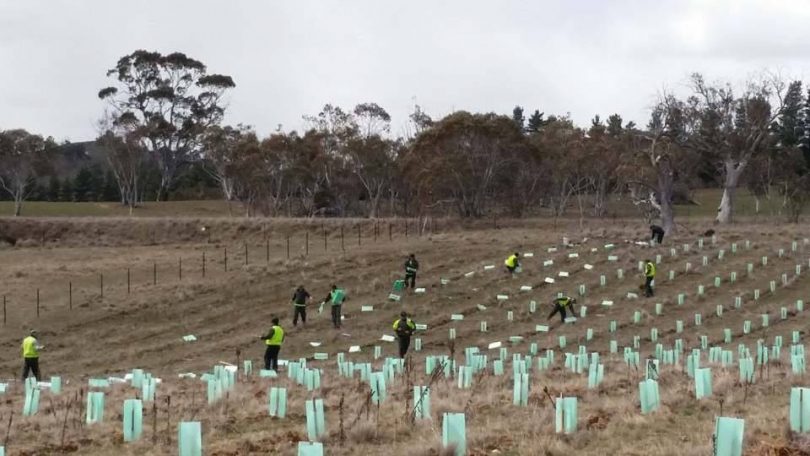
Professor Justin Borevitz advises anyone with land section off a skinny strip and plant 1000 trees to counteract the effects of climate change. Photo: Upper Snowy Landcare Network.
The answer may lie below – in the soil and rocks which are so much part of this exposed landscape.
“The Monaro has surprisingly good soil, with high mineralisation,” Justin explains “it also has basalt rocks from a lava flow event about 35 million years ago and those rocks are great for the soil, slow-release fertilizer and soil alkalizer.”
Still, the last two generations of extractive agriculture have taken their toll on the Monaro environment, Justin says rehydration is the most pressing concern, especially in times of drought.
“The first thing I would advise is to get some contours into the land to hold water in these dry times [and] get animals off the land. It’s rough but it’s a case of first off, first back on. For long term success, we’ve got to keep stock off the land when it’s dry.”
Some of these changes mean supporting farmers in taking extreme agricultural reform; Justin says there needs to be a national approach but he describes the current funding available as “a spit in the bucket.”
“Farmers should be and can be our environmental stewards,” Justin says, adding that China has begun to support its farmers financially to essentially farm trees, a greening effect that he says can be seen via satellite.
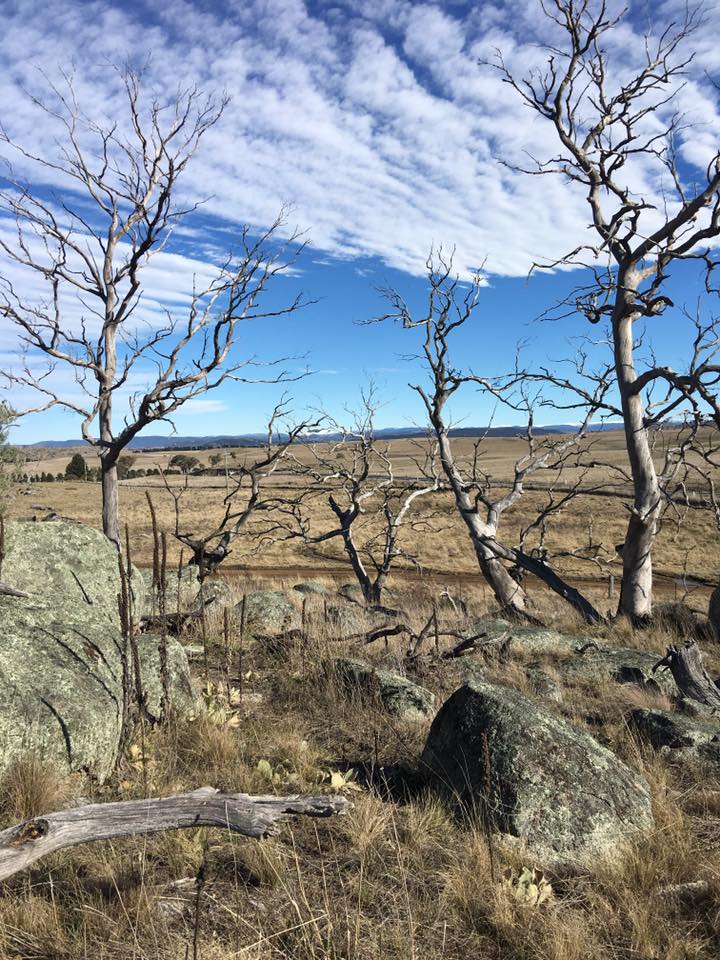
All land will be valued in the near future for its carbon capturing, according to Professor Justin Borevitz. Photo: Upper Snowy Landcare Network.
Farmers or not, those of us living in rural areas with room to move have a huge role to play in neutralising carbon, according to Justin.
“In urban areas, usually all we can do is put in 20 solar panels and become carbon neutral but with a bit of space, you can do a lot more and become a green sponge, planting trees and making renewable energy which offsets urban usage too.”
Although these efforts are only recognised and appreciated by a small group of people at the moment, the economic value of space and greenery in the near future is clear to Justin, who attended a Carbon Farming Conference in Albury earlier this month.
“Our resource industry runs on exports and the export market for carbon drawdown is growing fast – Australia has what our export customers don’t have – space. So we can go industrial, we can go large scale and make it part of the global economy.”
To hear more from Professor Justin Borevitz and help Landcare in finding local solutions to environmental problems, be at The Alpine Hotel, Cooma, on Friday, August 23 12:30 to 2:00 pm. RSVP to [email protected] or call/text 0411 402 978
Lunch is included in the $15 fee, please pay online at Upper Snowy Landcare.






